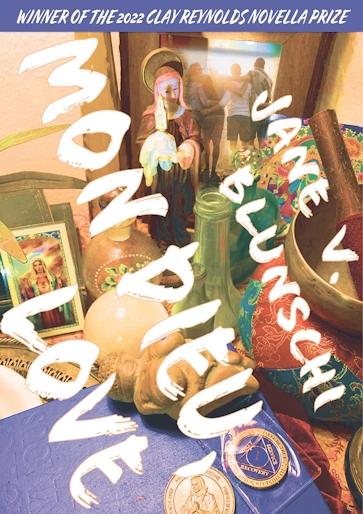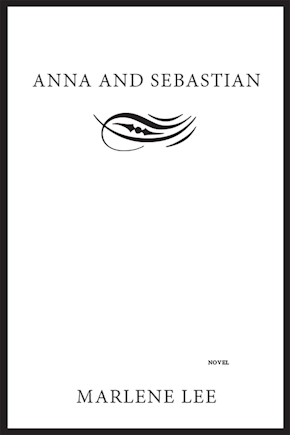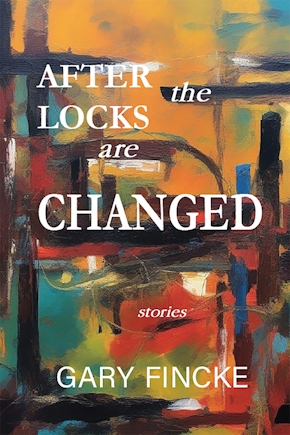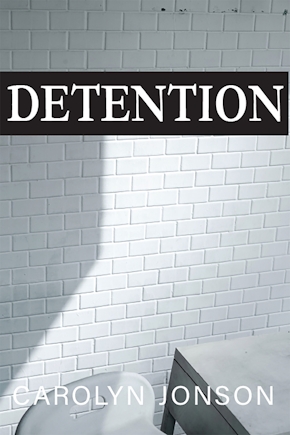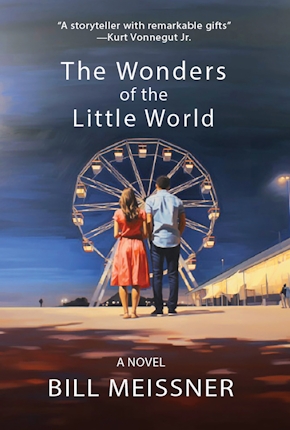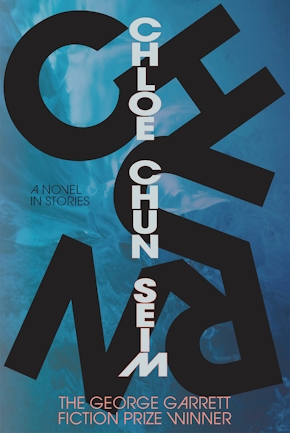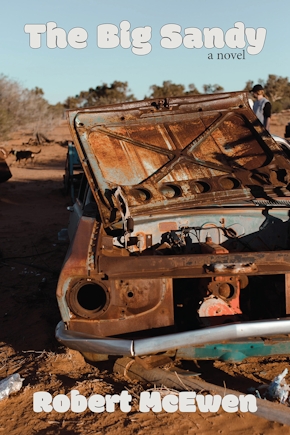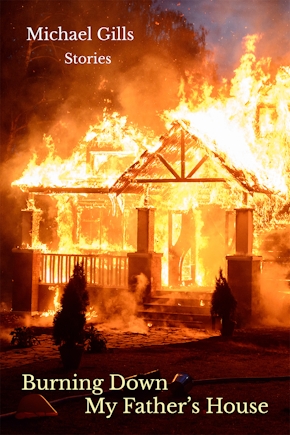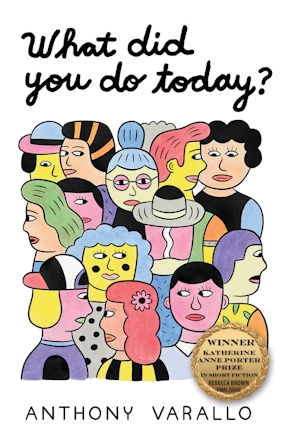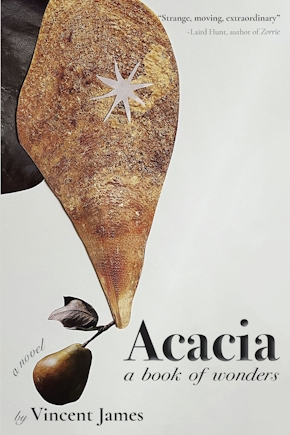Mon Dieu, Love
A Novella
978-1-68003-343-4 Paperback
6 x 9 x 0 in
122 pp.
Pub Date: 04/04/2023
Available
...
From “Anger Prayer”
She meets a hot, sane, together lesbian at a potluck dinner party who flips out over her crawfish étouffée or hummingbird cake or whatever, and they fall together in an ecstatic love that makes everyone they know jealous. Other couples secretly and not so secretly want what they have and pull them aside at every future potluck dinner party like, “I want what you two have.” The hot, sane, together lesbian can’t even see other women, much less embark on a series of sporadic, regionally-determined affairs, because she is so in love with Carrie.
About the Author
Reviews
Published by Texas Review Press
